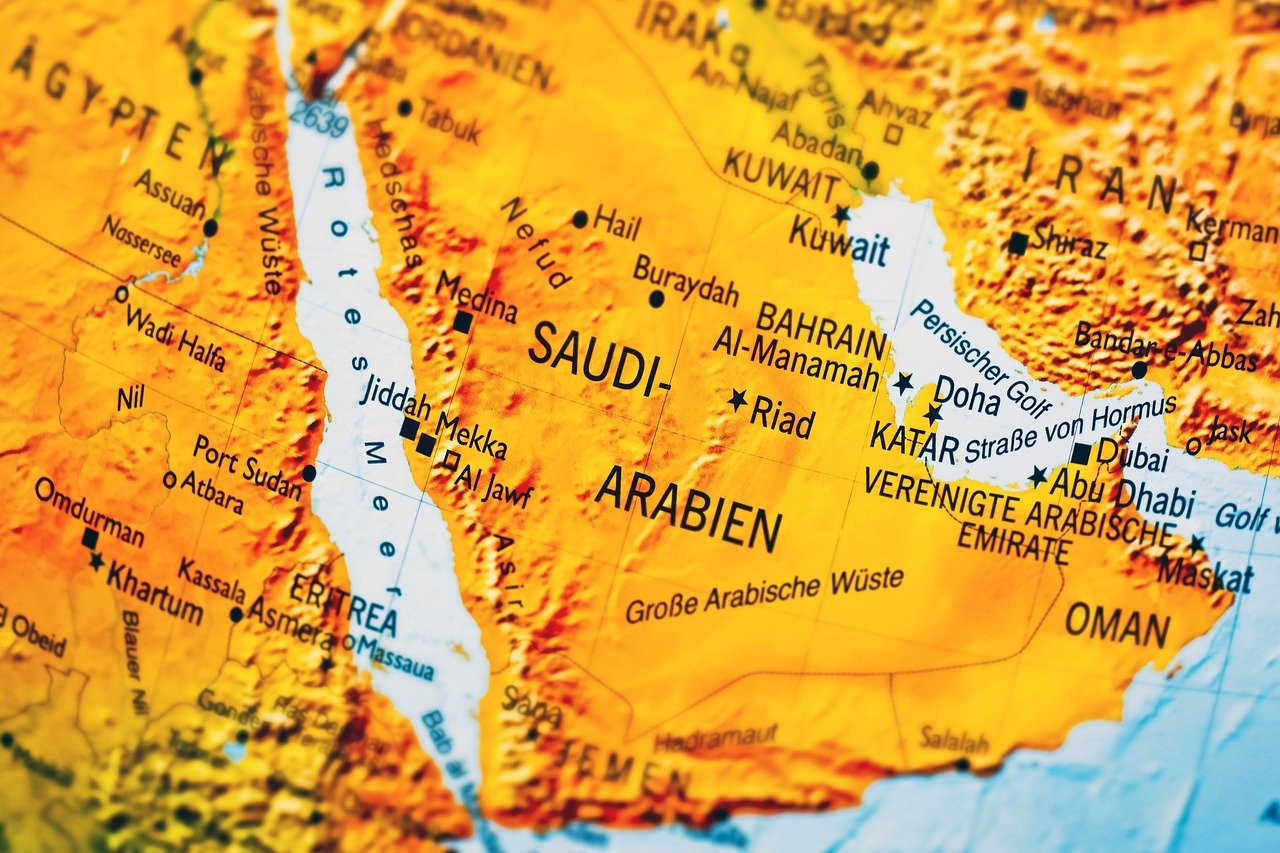Saudi Arabia is one of the largest automotive markets in the Middle East, offering a wide range of vehicles, from economy to luxury models. For expatriates living and working in the Kingdom, understanding the car market and pricing can significantly ease the process of purchasing a vehicle. Here’s a detailed guide to help expats navigate car prices in Saudi Arabia and the factors influencing them.
Factors Affecting Car Prices in Saudi Arabia

Several factors can affect the price of cars in the Kingdom, making it important for expats to be aware of these before making a purchase:
- Car Type and Brand: Car prices vary significantly based on the make, model, and brand. Popular brands like Toyota, Nissan, and Hyundai are usually more affordable, while luxury brands such as BMW, Mercedes-Benz, and Lexus come at a premium.
- Import Duties: Saudi Arabia imposes import duties on vehicles, which adds to the overall cost of the car. Imported cars from non-Gulf Cooperation Council (GCC) countries generally have higher prices due to customs duties and taxes.
- Vehicle Condition (New vs. Used): New cars in Saudi Arabia are typically more expensive than used ones. However, buying a used car can be a cost-effective solution for expats, especially those staying for a limited period.
- Specifications (GCC vs. Non-GCC): Cars with GCC specifications are designed for the harsh climate of the region, including better air conditioning and more robust cooling systems. Non-GCC cars, which are imported from other regions, may be cheaper but might not be well-suited for the local climate, affecting their long-term performance.
- Additional Costs: Aside from the car’s purchase price, buyers should also consider additional costs such as insurance, registration fees, maintenance, and fuel expenses, all of which can impact the total cost of owning a car in Saudi Arabia.
New Car Prices in Saudi Arabia
For those looking to buy a new car, here’s an approximate price range for various car types in Saudi Arabia (prices may vary based on specifications, dealer promotions, and location):
- Economy Cars: Economy cars like the Toyota Yaris, Hyundai Accent, and Nissan Sunny are priced between SAR 50,000 to SAR 80,000. These cars are popular due to their affordability, fuel efficiency, and lower maintenance costs.
- Mid-Range Sedans and SUVs: Mid-range sedans like the Toyota Camry, Honda Accord, and Hyundai Sonata can cost between SAR 90,000 to SAR 150,000. SUVs such as the Toyota Fortuner, Ford Explorer, and Honda CR-V typically range from SAR 110,000 to SAR 180,000.
- Luxury Cars: If you’re considering luxury brands, cars like the BMW 5 Series, Mercedes-Benz E-Class, and Lexus ES start at around SAR 200,000 and can go up to SAR 500,000 or more depending on customization and features.
- SUVs and Off-Road Vehicles: For those who enjoy off-roading or need a vehicle for long desert trips, SUVs like the Toyota Land Cruiser and Nissan Patrol are highly sought after. These vehicles are priced between SAR 200,000 to SAR 400,000, depending on the model and trim level.
Used Car Market
For expats, buying a used car can be a practical and cost-effective option, especially if their stay in Saudi Arabia is temporary. The used car market is vast, with many options available for every budget. Some of the key points to consider when buying a used car include:
- Price Range: The price of used cars can vary widely based on the age, mileage, and condition of the vehicle. Economy cars can start as low as SAR 10,000, while luxury cars in good condition can still cost over SAR 100,000.
- Car Inspection: It’s essential to thoroughly inspect any used car before buying. Many expats hire a mechanic or visit a service center to ensure the vehicle is in good condition and doesn’t have hidden issues. Checking the service history and making sure the car is accident-free is also crucial.
- Depreciation: Cars in Saudi Arabia, like in many other countries, tend to depreciate quickly. This can work to the advantage of buyers in the used car market, where relatively new vehicles can be bought at significant discounts.
- Where to Buy: Expats can purchase used cars from dealerships, private sellers, or online platforms such as Haraj, Opensooq, and Motory. These platforms allow users to search for specific car models and price ranges, making it easier to find the best deal.
Financing Options
Many expats opt for financing options when buying a car in Saudi Arabia. Financing allows for more manageable monthly payments, although buyers should be aware of the interest rates and total cost of financing. Some common financing options include:
- Bank Loans: Many local and international banks in Saudi Arabia offer car loans to expats. The interest rate, loan tenure, and down payment vary by bank, and it’s advisable to compare different offers to find the best deal.
- Dealership Financing: Some car dealerships provide in-house financing options. These offers can be attractive due to special promotions and lower interest rates, but always read the terms and conditions carefully.
- Leasing: Leasing a car can be an attractive option for expats who do not plan to stay in the country for a long time. Lease agreements usually include maintenance, insurance, and registration costs, which can reduce the hassle of car ownership.
Car Insurance in Saudi Arabia
Car insurance is mandatory in Saudi Arabia, and expats have several options to choose from:
- Third-Party Insurance: This is the minimum legal requirement and covers damage to other vehicles in the event of an accident. It is the most affordable option but does not cover damage to your vehicle.
- Comprehensive Insurance: This covers both third-party liabilities and damages to your vehicle. It is more expensive than third-party insurance but offers broader protection. Premiums for comprehensive insurance depend on factors such as the car’s make, model, and value.
Insurance premiums can range from SAR 1,000 to SAR 5,000 per year, depending on the level of coverage and the vehicle’s specifications.
Car Ownership Process for Expats
The process of purchasing a car in Saudi Arabia for expats is relatively straightforward, but there are certain steps to follow:
- Documentation: Expats need a valid Iqama (residency permit), a Saudi driving license, and proof of income or employment to purchase a car.
- Registration: After buying a car, it needs to be registered with the Traffic Department. This involves paying a registration fee and acquiring insurance. Once registered, the car will be issued a Saudi license plate.
- Annual Inspection: Cars in Saudi Arabia are required to undergo an annual inspection to ensure roadworthiness. Failing the inspection can lead to fines or the inability to renew the vehicle’s registration.
Cost of Maintaining a Car in Saudi Arabia
Maintenance costs for cars in Saudi Arabia are generally affordable compared to Western countries, though it depends on the make and model. Some typical costs include:
- Oil Change: SAR 150 to SAR 300, depending on the type of oil used.
- Tire Replacement: SAR 200 to SAR 800 per tire, depending on the brand and size.
- General Servicing: SAR 300 to SAR 1,000, depending on the service required and the car’s condition.
Conclusion
For expats in Saudi Arabia, understanding car prices and the factors influencing them can help make an informed decision when purchasing a vehicle. Whether opting for a new or used car, being aware of additional costs such as insurance, registration, and maintenance is essential. With the right research and preparation, buying a car in Saudi Arabia can be a smooth process that enhances your mobility and quality of life in the Kingdom.



